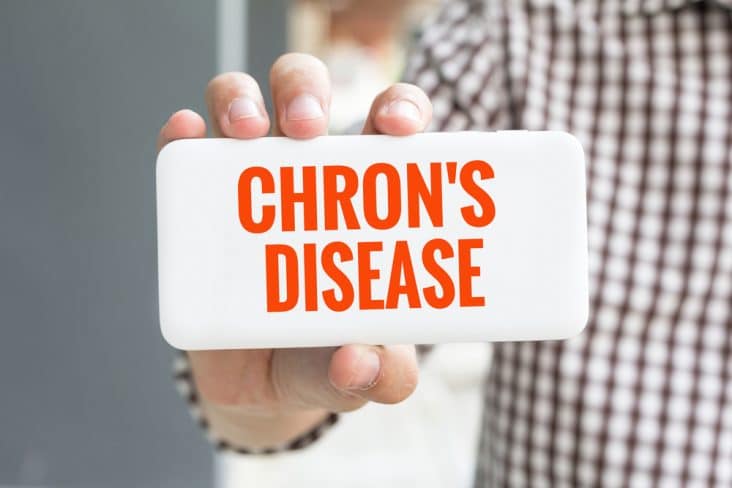Characterised by its inflammation of the digestive tract, Crohn’s disease is a chronic inflammatory bowel disease that leads to symptoms like cramps, diarrhoea, fatigue, weight loss, and malnutrition. If left untreated, it can lead to serious, even life-threatening, complications.
It is estimated that in Australia, around 75,000 people have Crohn’s disease or ulcerative colitis, which is another type of inflammatory bowel disease. It is believed that by 2022, this number will increase to 100,000.
For preventative measures and treatment guidance, understanding how this condition is caused is important. While the treatments listed out in this post may be effective in relieving some of your most debilitating symptoms and even lead to remission, a complete cure still remains elusive.
This blog post explores some of the most important information on the causes and treatment of Crohn’s disease.
Causes
While identifying the precise causes of this condition have remained challenging, researchers have discovered factors that are likely to lead to Crohn’s disease.
Of considerable importance, here, is the functioning of the immune system. Medical professionals believe that this condition can be triggered by a virus or bacteria that activates an immune system response. While this is entirely normal, an issue arises when the immune system attacks the cells of the digestive tract, in the process.
Genetics also play a major role. If you have family members with Crohn’s disease, your chances of developing this condition are relatively higher. That being said, it’s equally possible that you develop this condition even in the absence of any family history.
Risk factors for Crohn’s disease include:
- Age – a diagnosis of Crohn’s disease is usually more likely before the age of 30
- Race – this condition is more likely to affect Ashkenazi Jews and individuals of African descent living in certain parts of the world
- Excessive smoking
- NSAIDs like ibuprofen, aspirin, Advil and other types of medication
- Residing in urban or industrialised areas
- A diet rich in fatty and refined food items
Treatment options
Doctors may pursue various treatment strategies for this condition, depending on your symptoms. The primary goal of Crohn’s disease treatment is to reduce inflammation in the digestive tract and prevent any complications from arising.
Medication
The primary type of medication for Crohn’s disease includes anti-inflammatory drugs. This, in turn, comprises corticosteroids and oral 5-aminosalicylates, both of which reduce inflammation in the body and attempt to induce remission.
Corticosteroids, in particular, are generally used only if you don’t respond well to other types of treatment.
Immune system suppressors are another type of drug used to treat Crohn’s disease. These include azathioprine, infliximab, methotrexate and other medications that tackle the factors or agents that cause digestive tract inflammation. These are often prescribed in combination.
Antibiotics are also used to treat this condition, specifically to help heal fistulas, abscesses and reduce drainage. They may also reduce harmful bacteria in the digestive system, which may be triggering inflammation in the first place.
Other medications for Crohn’s disease include anti-diarrhoea medication, pain-relief treatment, and iron, calcium, and vitamin D supplements.
Surgery
In the event other treatment methods don’t work, doctors may recommend surgery for patients with Crohn’s disease. While this does not entirely cure the condition, it removes certain damaged parts of the digestive tract and also treats fistulas and abscesses.
Lifestyle and dietary changes
If you’re suffering from this condition, your doctor may ask you to pay closer attention to what you eat and limit dairy products, fried food, spicy food, alcohol and butter and add more low-fat food items to your diet. This is because Crohn’s disease in the small intestine may make it difficult for your body to absorb or digest fat.
As a part of your treatment, it’s also extremely important to stay hydrated, manage your stress effectively – perhaps, through relaxation techniques – eat smaller meals, and cut back on smoking.
Getting plenty of exercise is also important to restore some balance to your digestive system.
Receive treatment for Crohn’s disease from a team of experienced gastroenterologists
Crohn’s disease is a condition that can cause debilitating pain and discomfort if it’s not treated effectively.
By understanding what may be triggering your symptoms and receiving treatment that’s tailored specifically for you, you may be able to enjoy relief from your symptoms and maybe even go into remission.
For more information on Crohn’s disease, consult the team of doctors at the Sydney Gut Clinic.

